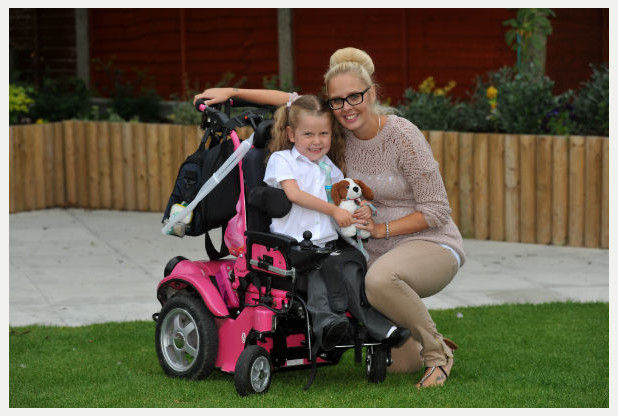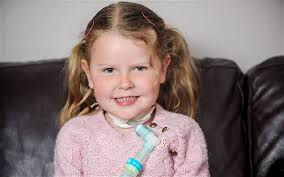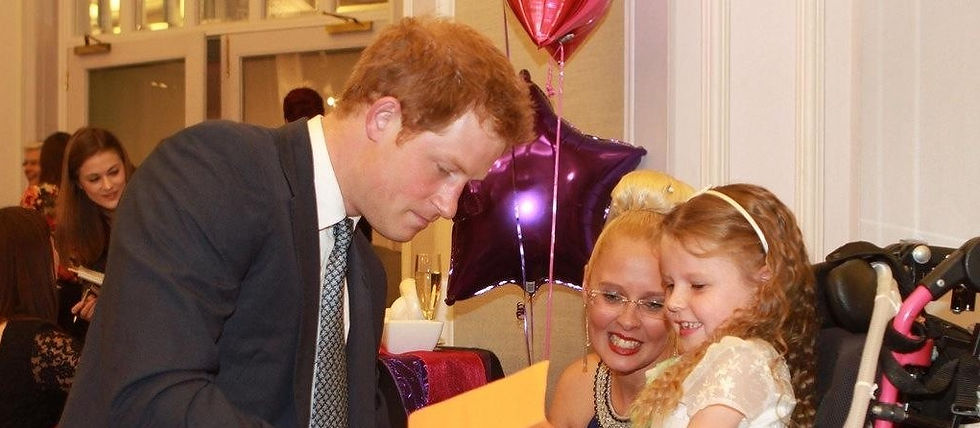SMARD IN DETAIL....






















About SMARD
SMARD (Spinal Muscular Atrophy with Respiratory Distress) is a neuromuscular disease which causes progressive weakness of the muscles and severe respiratory distress, due to paralysis of the diaphragm, which tends to be the first noticeable symptom. This is caused by a breakdown of the link between the brain and the muscles due to affected nerve cells.
Some signs may be present before birth, with the mother noticing less fetal movement than that of a healthy baby.
Most SMARD patients will experience respiratory failure within their first six months of life, and go on to require artificial ventilation. Symptoms seem to appear in reverse order to that of SMA Type 1, with respiratory problems coming first, followed by severe muscle weakness, especially in the lower limbs.
Health typically deteriorates very quickly by the age of 2, but there is such a range of severity that different cases are picked up at different ages and progression can vary greatly!
What causes SMARD?
For a child to be affected by SMARD both parents must be a carrier of the faulty gene which is caused due to mutations in the IGHMBP2 gene on chromosome 11q13.
It is believed that approximately 1 in 50,000 people are a carrier of this faulty gene, making it very rare with very few known cases in the UK at present. If both parents are a carrier they have a one in four chance of their child being affected by SMARD, a two in four chance of their child being a carrier and a one in four chance of them being completely unaffected.
SMARD is diagnosed through a simple blood test, though further testing such as EMG (electromyogram) or a muscle biopsy may be considered in cases where the diagnosis is uncertain.
Symptoms of SMARD
Every case is different but typical symptoms of SMARD include;
-
Less fetal movement towards the end of pregnancy
-
Paralysis of the diaphragm
-
Slow weight gain
-
Weak cry/cough
-
Deformities of the hands/feet
-
Sweating
-
Severe muscle weakness
Treatment of SMARD
There is currently no known cure for SMARD. Palliative care services will be put in place and there is the option of medical intervention, if both the parents and medical team involved believe it to be in the best interests of the child. Children with SMARD require mechanical ventilation to survive and many go on to have a tracheostomy, followed by ventilation. However, this ventilation would be in place for the rest of their life.
Available Help
If you have any questions please use the contact tab above or 'Like' our Facebook group Maddison Sherwood - SMARD.